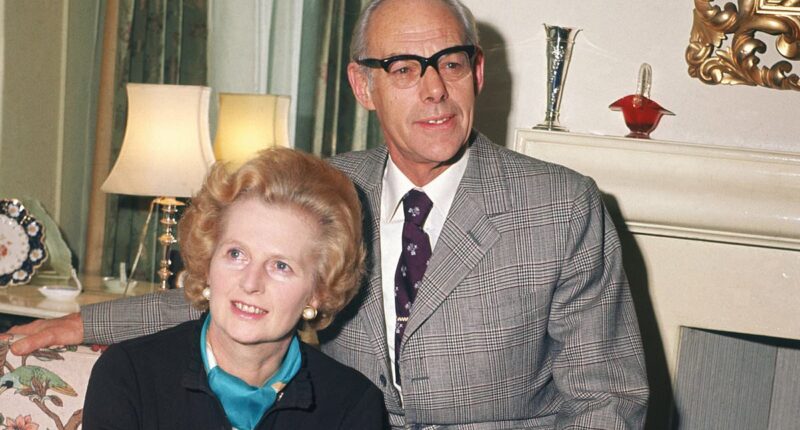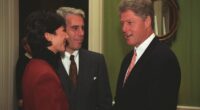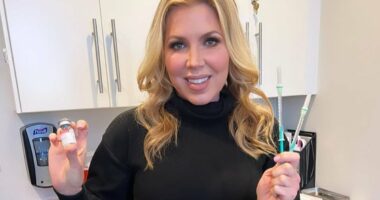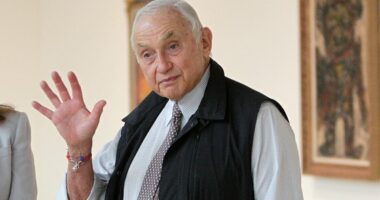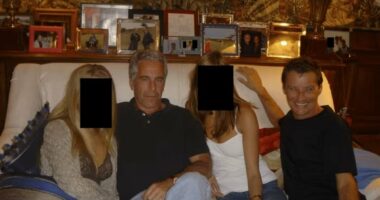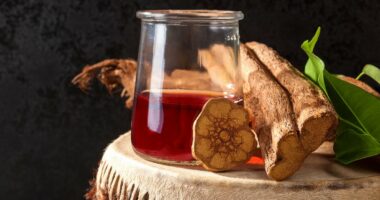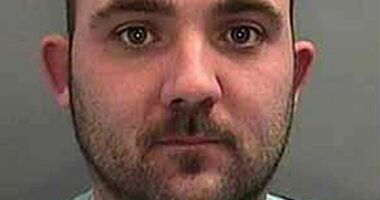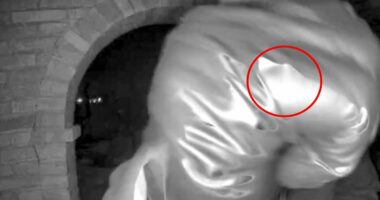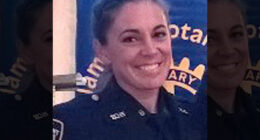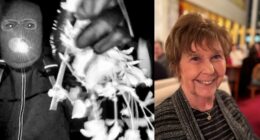Share this @internewscast.com
Margaret Thatcher had two affairs while married to her husband Denis, a new book has claimed.
The Iron Lady, Prime Minister from 1979 to 1990, relied on her husband throughout a marriage which lasted more than 50 years.
She portrayed Denis as ‘the golden thread running through my life,’ and indeed, throughout the many years they spent in the public eye, there was hardly any hint of scandal.
However, in her latest book, The Incidental Feminist, Tina Gaudoin has made shocking revelations about the Tory party’s longest-serving PM since the late 1800s, focusing on her private life.
The book, which was released to mark what would have been her 100th birthday, claims that Mrs. Thatcher had two affairs—one in the early days of her parliamentary career and another with a fellow politician, according to The Times.
Ms. Gaudoin mentioned at the Cheltenham Literature Festival that various sources, including novelist and former Conservative minister Jonathan Aitken, informed her that the former PM engaged in an affair ‘very early on in her parliamentary career.’
She said she had also been told that Mrs Thatcher had an affair with Sir Humphrey Atkins, MP for Spelthorne, later in her life.
Mr. Aitken served as the Secretary of State for Northern Ireland under the Iron Lady from 1979 to 1981 and was awarded a life peerage in 1987, becoming Baron Colnbrook of Waltham St Lawrence—Lord Colnbrook.

Margaret Thatcher had two affairs while married to her husband Denis, a new book has claimed (pictured: the pair in 1976)

Tina Gaudoin, in her book The Incidental Feminist, released in line with what would have been Mrs. Thatcher’s 100th birthday, claims sensationally about the ex-Tory PM, shown in 2007.
He was married to Margaret Spencer-Nairn and had four children, before dying in 1996, six years after Mrs Thatcher left office.
Asked about Atkins, Aitken said: ‘There were knowledgeable rumours to that effect at the time. His good looks might have appealed to her, but his political brain was hopeless.’
Another politician explained to Ms Gaudoin that rumours had been swirling about Atkins’s promotions despite being regarded as less capable than others.
Further sources told her that Mrs Thatcher had an ‘extracurricular friendship’ with Lord Bell, Mrs Thatcher’s head of PR.
This included him placing his hand on her knee ‘and other stuff’ at dinner receptions, which had been ‘one of her favourite things’.
Lord Moore, who penned Mrs Thatcher’s authorised biography, said he had heard the Atkins rumour before but had never found any compelling evidence for it.
He added that he was unaware of the Lord Bell story, branding it ‘vanishingly unlikely’.
The book, published last month, also analyses Denis’s unexpected friendship with Mandy Rice-Davies, a model and showgirl heavily involved in the 1963 Profumo affair.

Ms Gaudoin said she had been told that Mrs Thatcher had an affair with Sir Humphrey Atkins, MP for Spelthorne, pictured, later in her life

Further sources told her that Mrs Thatcher had an ‘extracurricular friendship’ with Lord Bell, Mrs Thatcher’s head of PR, pictured in 2014

The book, published last month, also analyses Denis’s unexpected friendship with Mandy Rice-Davies, a model and showgirl heavily involved in the 1963 Profumo affair
Mrs Thatcher’s husband would apparently holiday with Ms Rice-Davies and even sent her letters beginning ‘Mandy dear’.
It comes after nomination papers that secured Mrs Thatcher the leadership of the Conservative Party against all odds in 1975 were found in a dusty garage.
They belonged to Tory grandee Sir Edward du Cann, who was chairman of the party’s hugely influential 1922 Committee during the contest.
One of the papers, which is dated January 27, 1975, is written and signed by Mrs Thatcher’s key supporter Keith Joseph.
Another – dated a few days later – was penned by her campaign manager Airey Neave, who was murdered by the IRA in 1979.
Also in the trove, which is being sold at auction with an estimate of £100,000, is a sheet signed by Mrs Thatcher that confirmed her victory in the contest.
It shows how, in the second round, she received 146 votes from Tory colleagues – 67 more than nearest challenger Willie Whitelaw.
Outgoing leader and former prime minister Sir Edward Heath had resigned after getting fewer votes than Mrs Thatcher in the first ballot.
Mrs Thatcher had been considered a rank outsider when the contest began.
